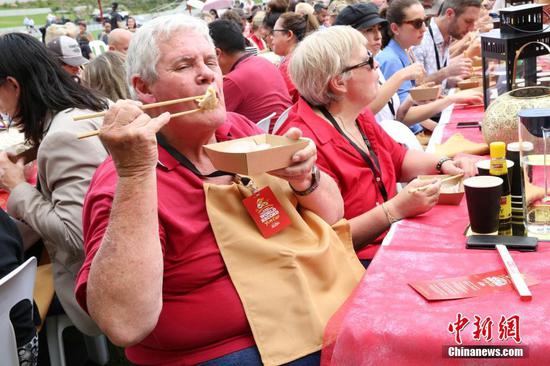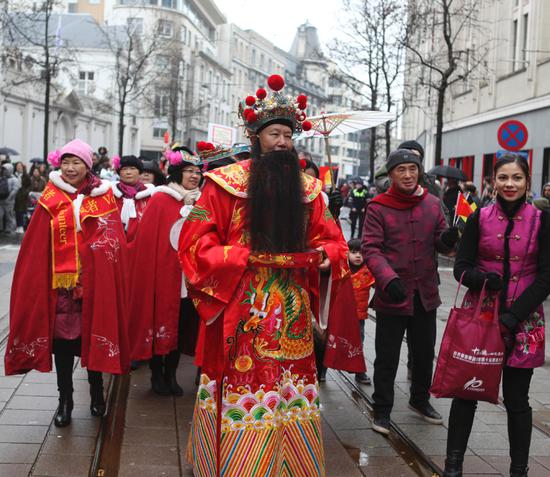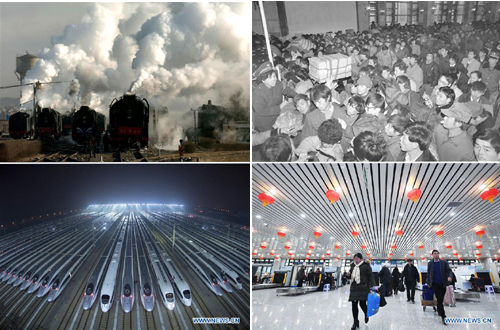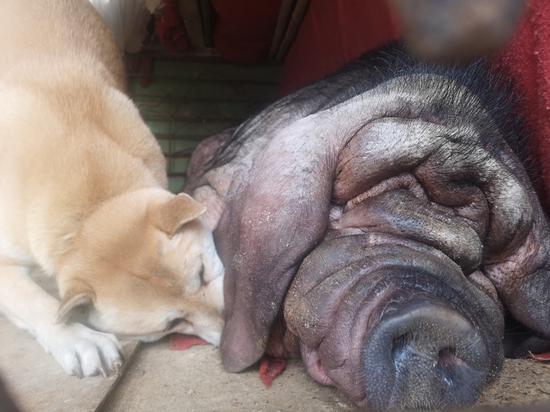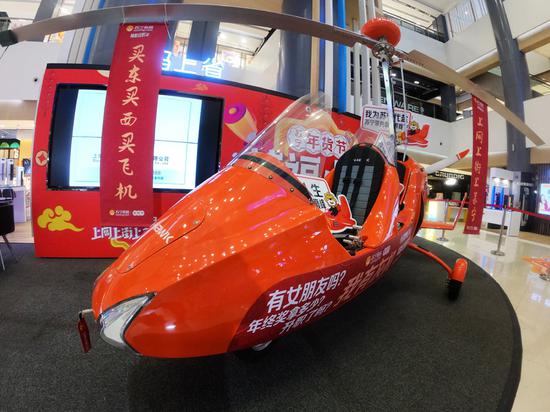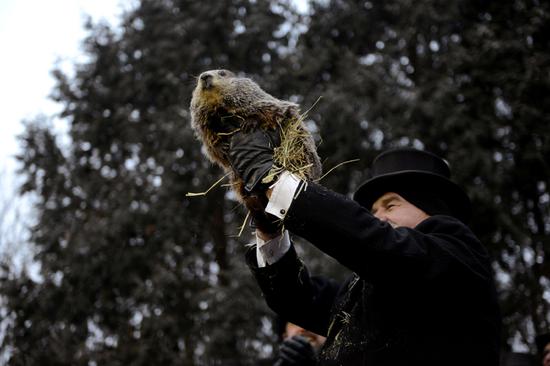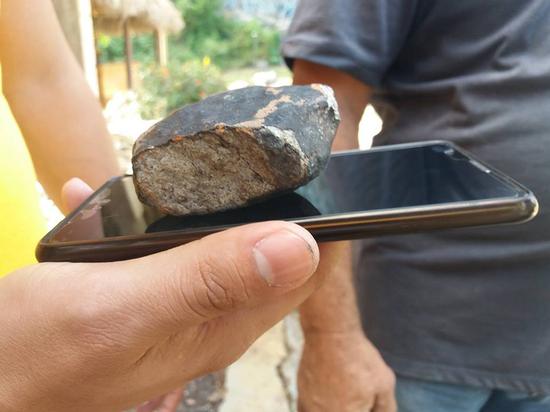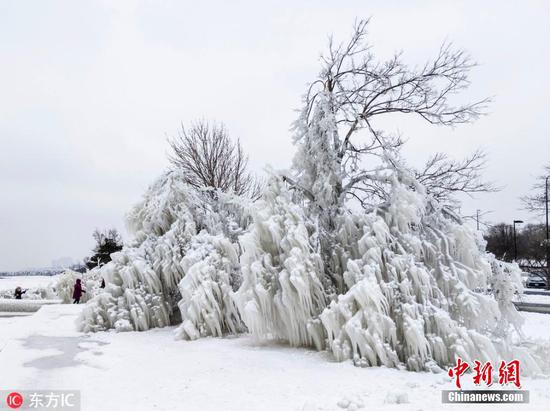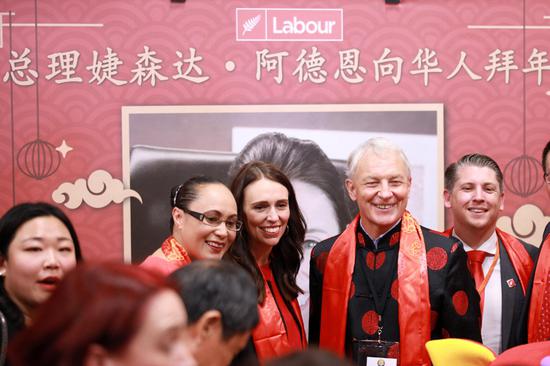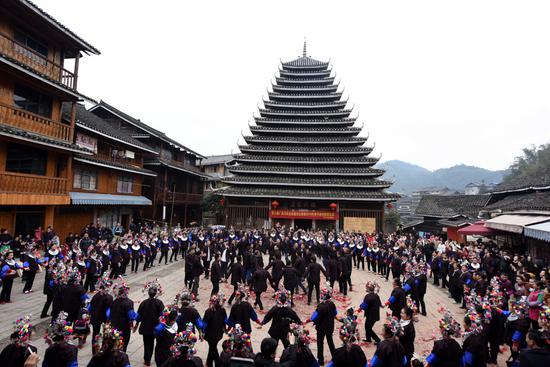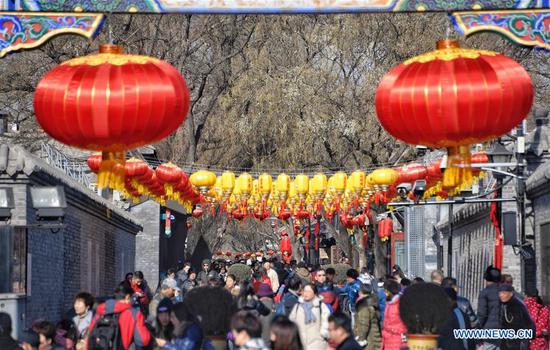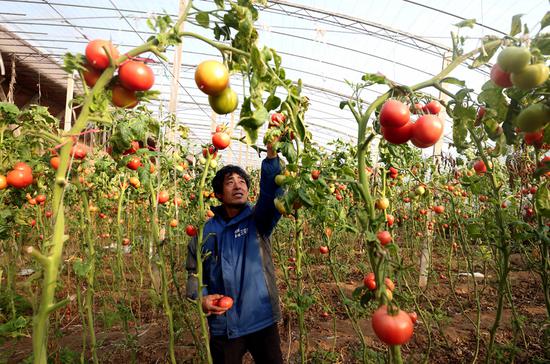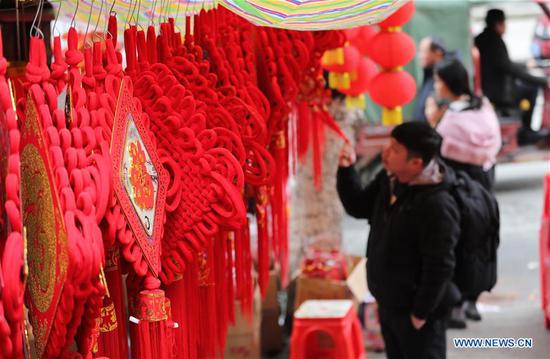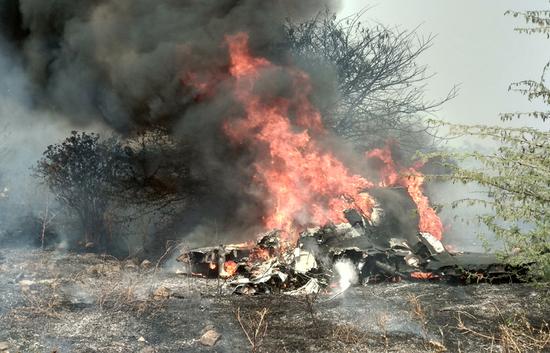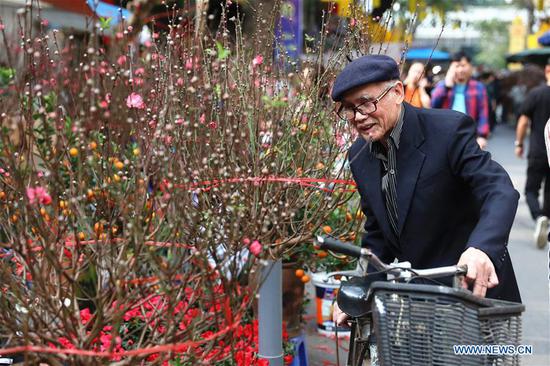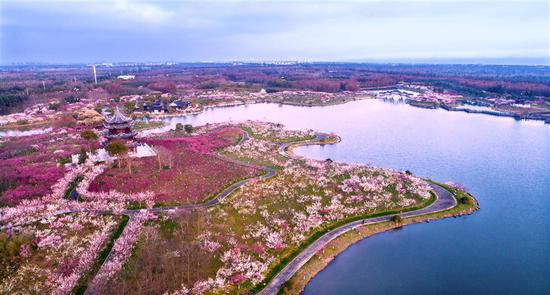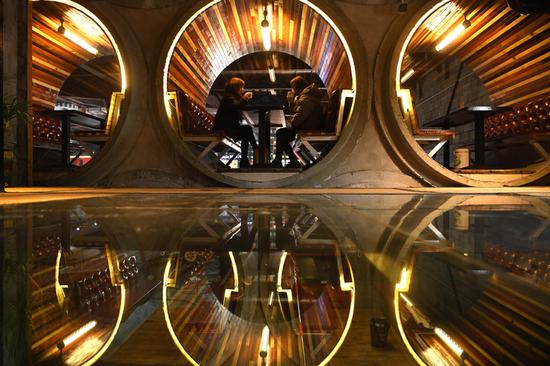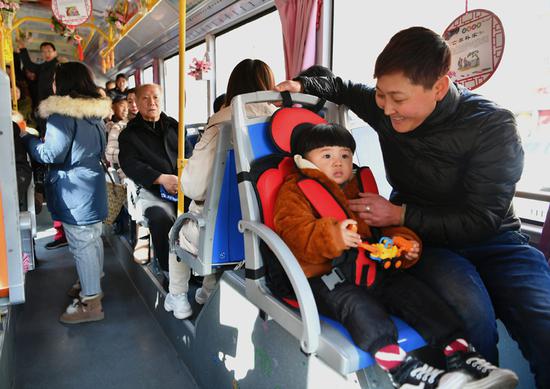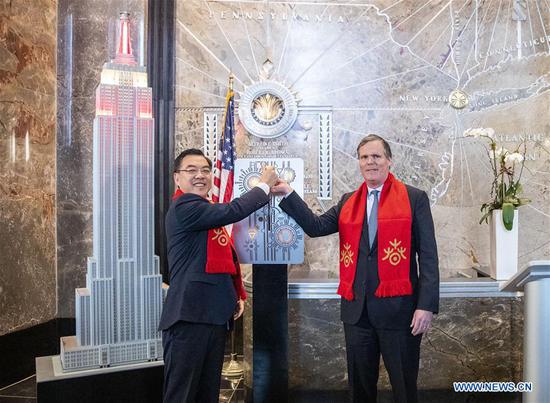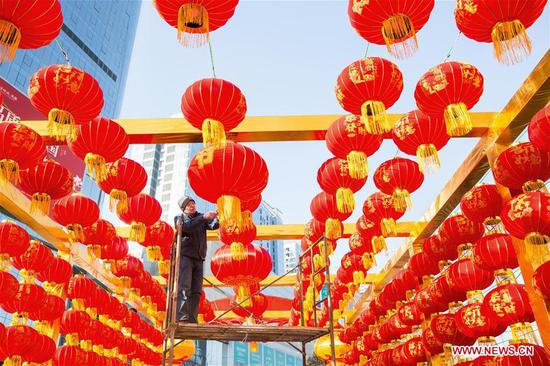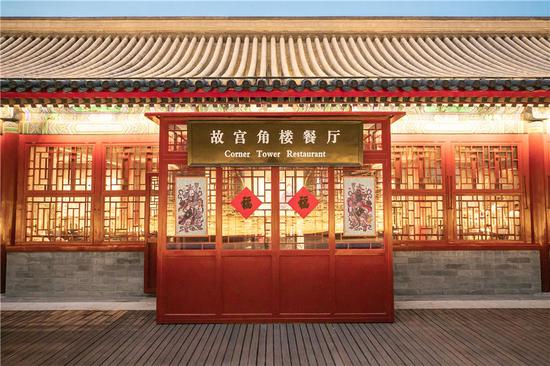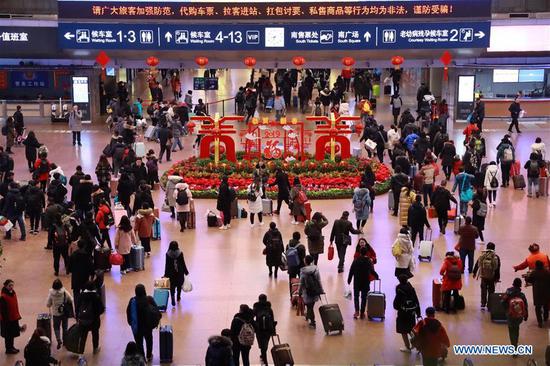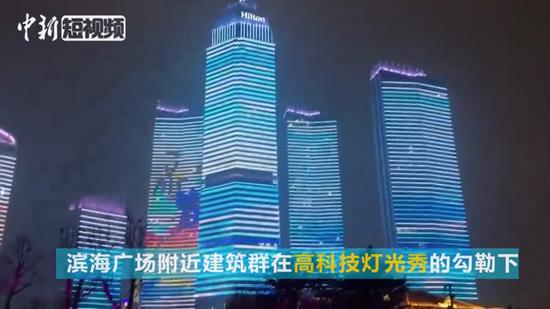British Prime Minister Theresa May arrived in Dublin on Friday night for talks with her Irish counterpart Leo Varadkar, local media RTE reported.
According to the report, May arrived at Farmleigh House, an official Irish state guest house in the western part of Dublin, at about 8:30 p.m. local time where she will hold a two-hour talk with Varadkar over a private dinner.
There will be no joint press conference after their meeting, noted the report.
Prior to May's arrival, local media quoted Varadkar as saying that he will not be negotiating Brexit when he meets with May.
During a visit to Belfast, capital of Britain's Northern Ireland, for meetings with all the major political parties there earlier in the day, Varadkar said the actual negotiations "can only be between the European Union and the United Kingdom" though the dinner would present an opportunity to share perspectives on Brexit.
But local media quoted sources from Downing Street as saying that during the Dublin meeting May "would be emphasizing what we are looking for, seeking the legally binding changes to the Withdrawal Agreement that Parliament said it needs to approve the deal."
Earlier in the day, Britain's Attorney General Geoffrey Cox also arrived in Dublin for talks with his Irish counterpart Seamus Woulfe, according to local media reports.
Cox intended to seek a time limit on the backstop during the talks whereas the Irish government insisted that the backstop can not be time limited if it is to provide an effective "insurance policy" against the return of a hard border between Northern Ireland and Ireland after Brexit, said local media.
Earlier last month, the House of Commons or the lower house of the British parliament voted down May's Brexit deal with the EU, demanding her to renegotiate with the latter.
But the EU has clearly said that it will not reopen negotiations with Britain over the Withdrawal Agreement reached between the two sides.
The backstop, a temporary arrangement to avoid a hard border or physical infrastructure such as customs houses and checkpoints along the Ireland-Northern Ireland border after Brexit, has become a main stumbling block to an agreement between the EU and Britain.
The EU insists that the backstop should remain in place until and unless a better solution is found to avoid a hard border after Brexit whereas most of the members of the British parliament are afraid that the backstop could tie Britain to the EU rules indefinitely through the backstop without a time limit. Enditem










